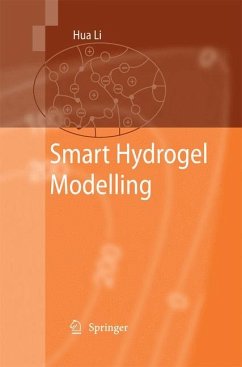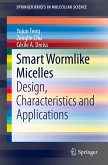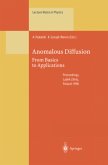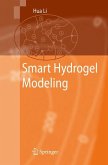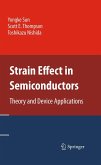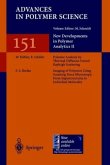The science of mathematical modelling and numerical simulation is generally accepted as the third mode of scienti?c discovery (with the other two modes being experiment and analysis), making this ?eld an integral component of c- ting edge scienti?c and industrial research in most domains. This is especially so in advanced biomaterials such as polymeric hydrogels responsive to biostimuli for a wide range of potential BioMEMS applications, where multiphysics and mul- phase are common requirements. These environmental stimuli-responsive hydrogels are often known as smart hydrogels. In the published studies on the smart or stimu- responsive hydrogels, the literature search clearly indicates that the vast majority are experimental based. In particular, although there are a few published books on the smart hydrogels, none is involved in the modelling of smart hydrogels. For the few published journal papers that conducted mathematical modelling and numerical simulation, results were farfrom satisfactory, and showed signi?cant d- crepancies when compared with existing experimental data. This has resulted in ad hoc studies of these hydrogel materials mainly conducted by trial and error. This is a very time-consuming and inef?cient process, and certain aspects of fun- mental knowledge are often missed or overlooked, resulting in off-tangent research directions.
Bitte wählen Sie Ihr Anliegen aus.
Rechnungen
Retourenschein anfordern
Bestellstatus
Storno

